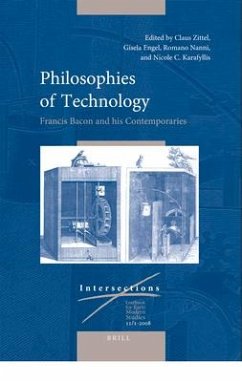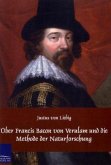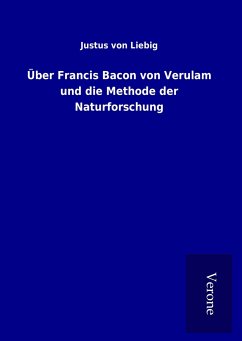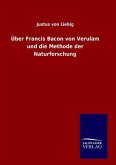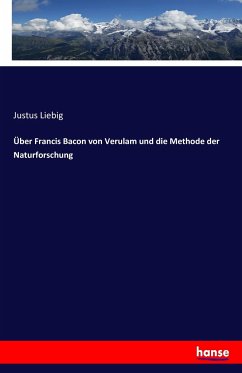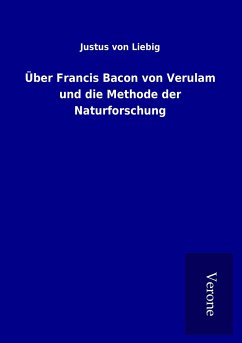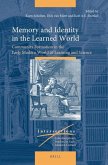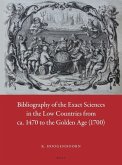The essays in the present volume attempt to historically reconstruct the various dependencies of philosophical and scientific knowledge of the material and technical culture of the Early Modern era and to draw systematic conclusions for the writing of Early Modern history of science.The divisive transformation of humanist scholarly culture, the Scholastic school philosophy, as well as magic in the form of a philosophy of practice is always associated with the work of Francis Bacon. All of these essays in this volume reflect the close interaction between technical models and knowledge production in natural philosophy, natural history and epistemology. It becomes clear that the technological developments of the Early Modern era cannot be adequately depicted in the form of a pure history of technology but rather only as part of a broader, cultural history of the sciences. a oeHighly recommendeda Choice, June 2009, Vol. 46, No. 10 Contributors include: Todd Andrew Borlik, Arianna Borrelli, Thomas Brandstetter, Daniel Damler, Luisa Dolza, Moritz Epple, Berthold Heinecke, Dana Jalobeanu, JA1/4rgen Klein, Staffan MA1/4ller-Wille, Romano Nanni, Jarmo Pulkkinen, Pablo Schneider, AndrA(c)s Vaccari, Benjamin Wardhaugh, Sophie Weeks, and Claus Zittel.
Hinweis: Dieser Artikel kann nur an eine deutsche Lieferadresse ausgeliefert werden.
Hinweis: Dieser Artikel kann nur an eine deutsche Lieferadresse ausgeliefert werden.

